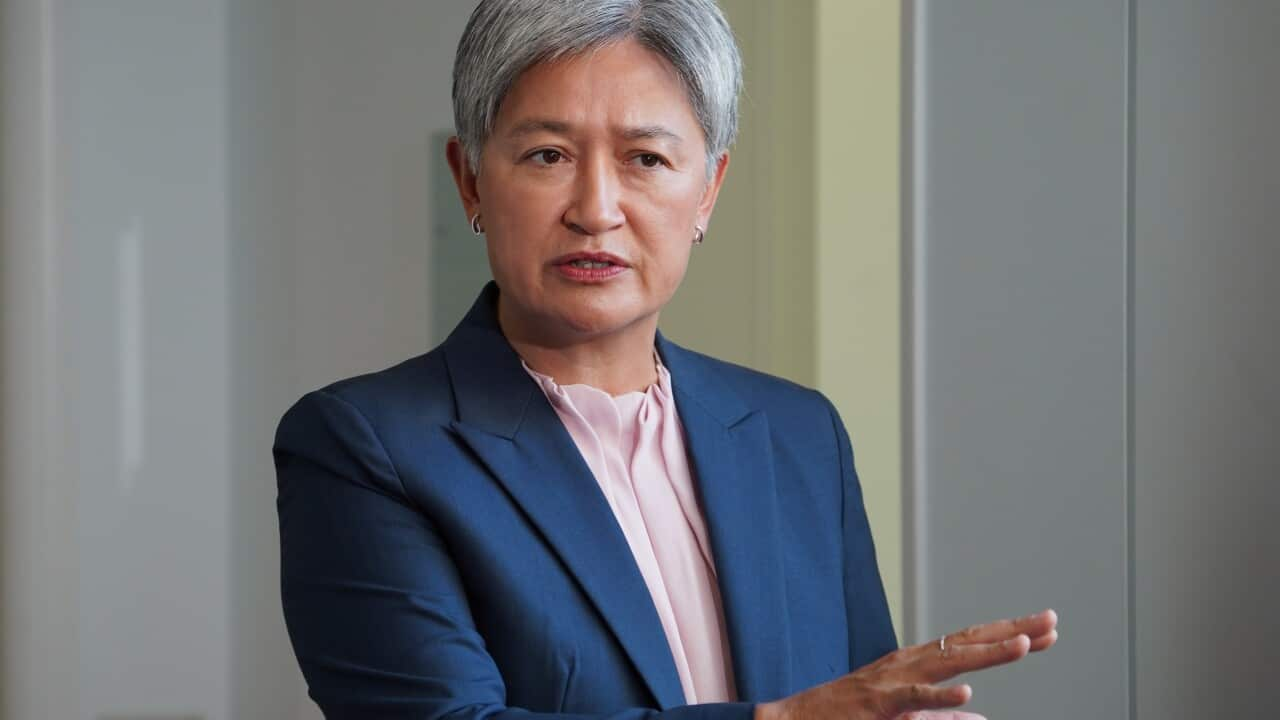TRANSCRIPT
A win for the government's bottom line - the final outcome of the 2023-24 budget $6.5 billion is better off than anticipated.
A total surplus of $15.8 billion was posted for the last financial year, in the first back to back budget surplus since the mid 2000s.
Treasurer Jim Chalmers says lower spending has changed the position.
“This surplus is bigger at the end of the financial year than we anticipated in May, not because taxes are higher, but because spending is lower. Spending in the last financial year was much lower than anticipated at budget and revenue was lower as well. Spending was down by around twice as much as revenue was down. So this bigger surplus is not because we taxed more, it's because we spent less.”
He says the outcome is proof of Labor's economic prowess.
“And it wouldn't have happened without our responsible economic management, it wouldn't have happened without our spending restraint, without our savings, and it wouldn't have happened without the way that we've taken the right economic and fiscal decisions for the right economic and fiscal reasons.”
Total revenue was $3.7 billion lower than forecast, with the surplus found through lower spending on programs.
Senior economics lecturer at the University of Canberra, Dr John Hawkins, says some of the savings have been outside the government's control.
“The reason that the surplus is a bit bigger than the budget number is mostly delays to various things. So, for example, some transport projects, there was bad weather, so they haven't done as much work as they were expecting, and so they haven't spent quite as much money as they expected.”
Those include delays on agreements with states, and state delays on hitting education, remote housing, health, water and environment program milestones.
Lower than expected demand for aged care, the NDIS, COVID-19 vaccination payments, onshore detention, and some grant programs made up the rest.
Dr Hawkins says it shows a bit of discipline by the government.
“It's not a big change in what the surplus was projected in the budget. It's not a huge deal. I mean, they have, they have been disciplined in that they've resisted the temptation to spend a lot of money. And the budget estimates of how much revenue they get and how much they'd spend have been more or less accurate.”
But with most of the country struggling through the cost of living crisis, Independent Senator Jacqui Lambie told Channel Seven it's not the priority for most Australians.
“Nobody gives a stuff about a surplus, mate. I can assure you right now. People are doing it hard out there. Nobody's talking about a surplus, and if they were and they truly understood, they'd be saying, well how about you put some of that surplus out to us, so we can put bread and milk on the table for our kids.”
A sentiment echoed by Opposition Treasury Spokesperson Angus Taylor.
“Well, we're not seeing household surpluses. In fact, households have been going backwards. Their standard of living has collapsed in the last two years, and frankly, Australian households want a pathway to restore their standard of living, but there is absolutely no sign of that from this government.”
Dr Chalmers says reduced spending allows for cost of living measures.
“These surpluses are all about fighting inflation, making room for cost-of-living relief, building a buffer against global economic uncertainty and also paying down the Liberal debt that we inherited so that we pay less interest on it.”
The government estimates it will save around $80 billion in interest payments by reducing government debt.
Dr Hawkins says that can be spent on other programs in the future.
“That means there's more money to spend on schools and hospitals, or there's less need to tax people.”





